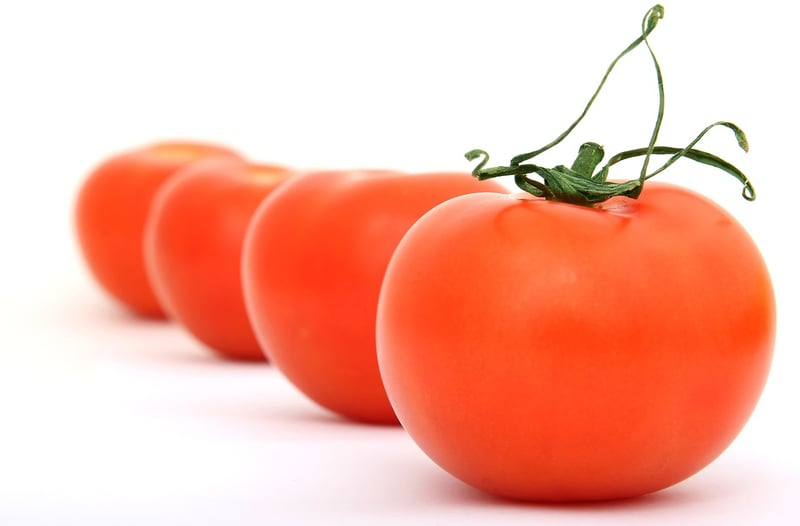Summer Harvesting
Adapting to Different Seasons for Successful Summer Harvesting
As a gardener, adapting to the changing seasons is essential for a successful summer harvest. Different plants thrive in various weather conditions, and understanding how to adjust your gardening practices can make a significant difference in the quantity and quality of your produce. Here are some tips to help you navigate the transition from spring to summer and maximize your summer harvest:
1. Plan Ahead
Start by planning your summer garden in advance. Consider which crops you want to grow and their specific requirements for sunlight, water, and soil quality. Make a planting schedule to ensure a steady supply of fresh produce throughout the season.
2. Provide Adequate Watering
Summer heat can quickly dry out the soil, so it's crucial to water your plants regularly. Check the moisture level of the soil daily and adjust your watering schedule as needed. Consider using drip irrigation or soaker hoses to deliver water directly to the roots and conserve moisture.
3. Protect Against Pests and Diseases
Summer is prime time for pests and diseases to thrive. Keep a close eye on your plants for any signs of infestation or infection. Use organic pest control methods like neem oil or insecticidal soap to protect your crops without harming beneficial insects.
4. Mulch Your Garden
Applying a layer of mulch around your plants can help retain moisture, suppress weeds, and regulate soil temperature. Organic mulches like straw, grass clippings, or compost can also enrich the soil as they break down.
5. Harvest Regularly
Harvesting your crops regularly encourages plants to produce more fruits or vegetables. Check your garden daily for ripe produce and harvest them at the peak of freshness. Be sure to use proper harvesting techniques to avoid damaging the plants.
6. Rotate Your Crops
Rotate your crops each season to prevent soil depletion and reduce the risk of pests and diseases. Planting different crops in the same location can help maintain soil fertility and balance nutrients in the soil.
7. Enjoy the Fruits of Your Labor
Finally, don't forget to enjoy the bountiful harvest from your summer garden. Whether you're savoring a freshly picked tomato or creating delicious meals with your homegrown produce, take pride in the fruits of your labor and share your bounty with family and friends.

By following these tips and adapting your gardening practices to the changing seasons, you can ensure a successful summer harvest that will satisfy both your taste buds and your green thumb.
